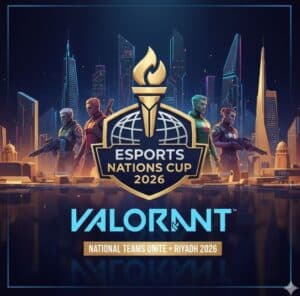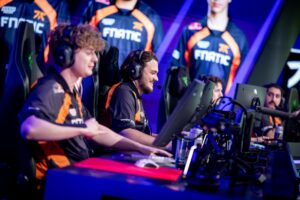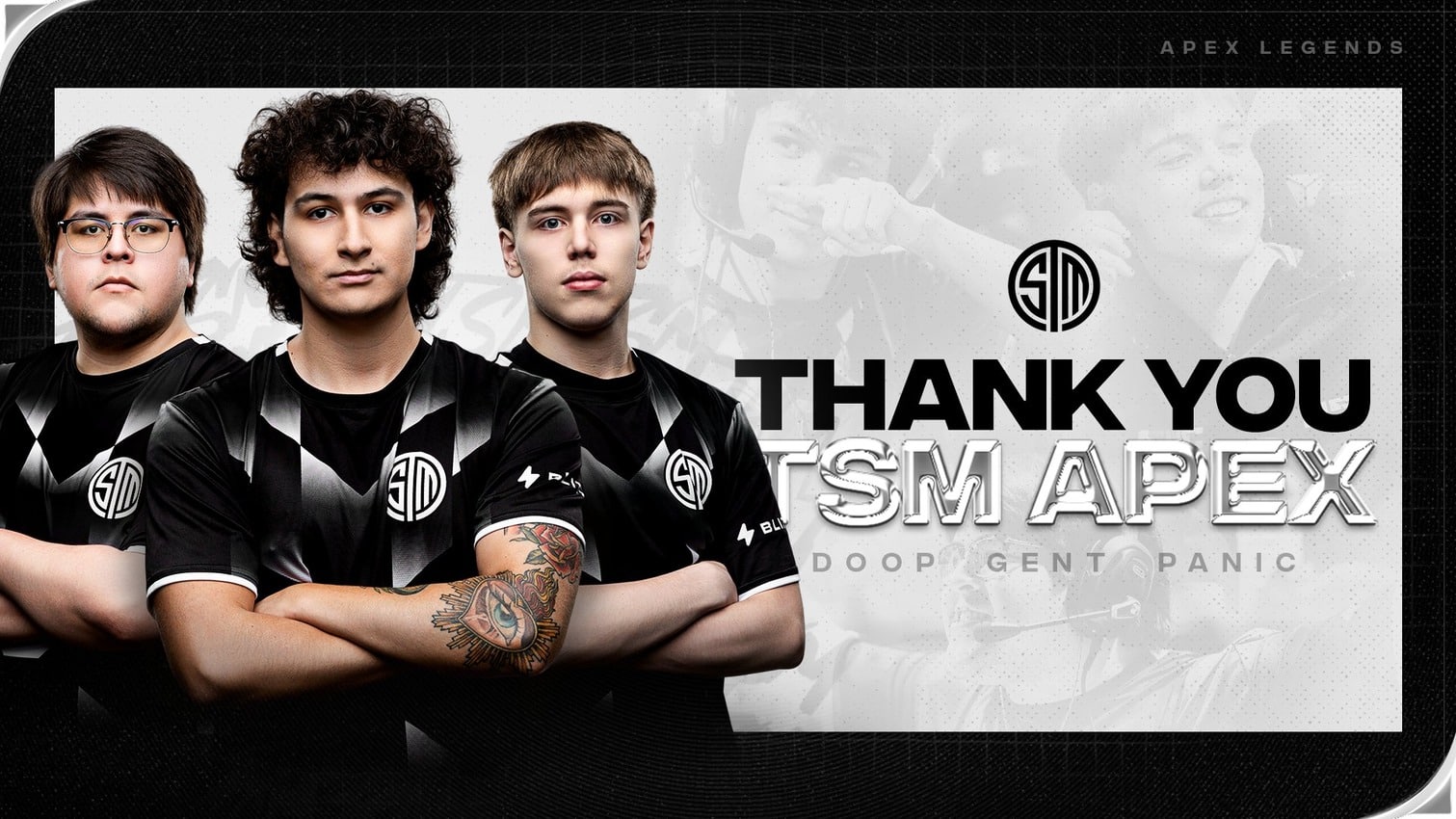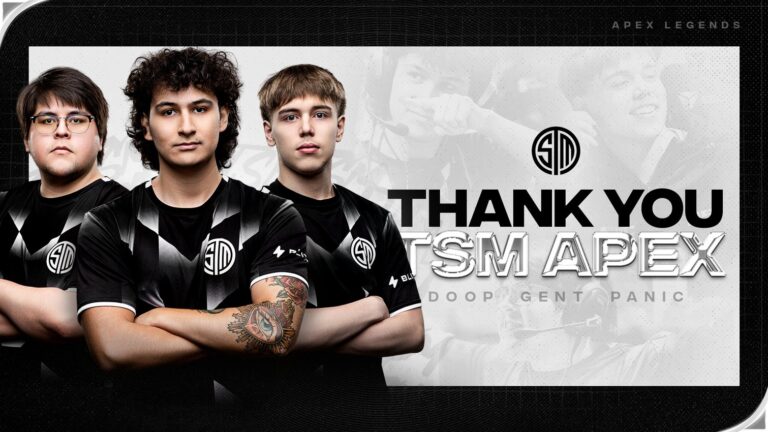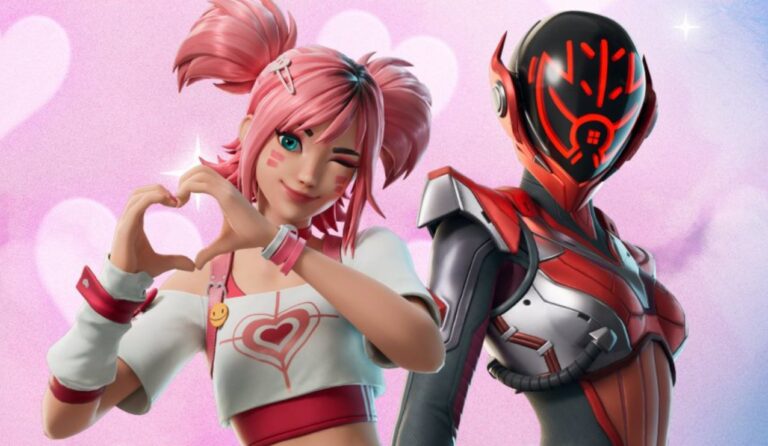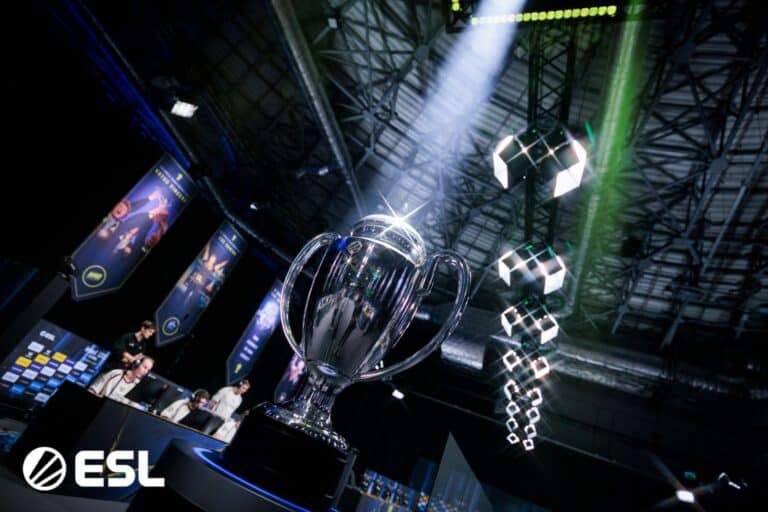Blizzard quietly makes changes to Overwatch community tournament requirements
Dom Sacco, Senior Editor
Last Updated: 30/12/2017
Earlier this month Blizzard published updated guidelines for those looking to host community or custom esports competitions.
It’s fair to say Blizzard already had stringent requirements in place for third-party organisers, favouring its own tournaments like the Overwatch World Cup and now the Overwatch League.
ESL UK scrapped its Overwatch Premiership at the start of 2017. However, there have been other tournaments hosted by third parties, such as the Overwatch Road to EGX competition by epicLAN and the Overwatch Open hosted by FaceIT, among others, though Esports News UK understands epicLAN doesn’t have any Overwatch plans for 2018.
Now, Blizzard has outlined some new changes to its community tournament license conditions.
To meet the community tournament criteria, it must be a standalone event, with prize pool and appearance fees under $10,000. The total prize pool for the organiser’s Overwatch events must be less than $50,000 across the year, the tournament name must have “community” in it somewhere, and contributions from sponsors must be less than $1,000 per sponsor, per event.
“Each community competition cannot be sponsored by any companies that sell or promote athletic wear/apparel, energy drinks and soft drinks, payment services and computer monitors, CPUs, and graphics cards.”
Blizzard
On top of this, some of Blizzard’s additional criteria states: “Overwatch community tournament organisers will now have to make sure that there is no overlap in broadcast with any of our official Blizzard-owned Overwatch tournaments.”
Interestingly, each community competition cannot be sponsored by ‘any companies that sell or promote athletic wear/apparel, energy drinks and soft drinks, payment services and computer monitors, CPUs, and graphics cards, as well as ‘multinational consumer brands or products or services related to the video game industry without approval from Blizzard’.
This is odd, given that many of the above are involved in esports and currently finance organisations as endemic sponsors, whether it’s energy drink brands like G Fuel, or PC hardware brands like MSI, BenQ and AMD to name a few.
Of course, it’s understandable Blizzard will not want community tournaments with sponsors promoting alcohol, firearms, porn, political candidates or gambling, but to rule out endemic sponsors like those mentioned above will make it harder for smaller grassroots tournaments to get off the ground.
“Strangle grassroots and where will the pro players come from in a few years’ time?”
Anonymous
It seems Blizzard wants to put its Overwatch League first.
One UK source said: “The changes mean we can’t clash with the Overwatch League, even though that’s pro and we’re at an amateur level. It’s like saying a town football game can’t clash with a Premiership game on Sky.
“Strangle grassroots and where will the pro players come from in a few years’ time?”
It’s worth pointing out these changes are specifically for Overwatch. Under the community tournament license agreements for Hearthstone, Heroes of the Storm and StarCraft II etc, there is no mention of apparel, energy drink or computer hardware brands not being allowed as sponsors.
The changes will probably not come as a surprise to those who follow Blizzard esports. The publisher was reportedly asking for many millions of dollars for each spot in the Overwatch League, something that drove away many traditional esports orgs.
Outside of smaller community tournaments, organisers can always obtain a custom license of the total prize pool in one year exceeds $50,000, among other conditions. And with this, the organiser is able to have apparel, energy drinks and computer hardware sponsors.
Eports News UK understands license fees vary based on the size and other specific details of each tournament.
Dom Sacco, Senior Editor
Dom is an award-winning writer and finalist of the Esports Journalist of the Year 2023 award. He has almost two decades of experience in journalism, and left Esports News UK in June 2025. As a long-time gamer having first picked up the NES controller in the late '80s, he has written for a range of publications including GamesTM, Nintendo Official Magazine, industry publication MCV and others. He also previously worked as head of content for the British Esports Federation.
Stay Updated with the Latest News
Get the most important stories delivered straight to your Google News feed — timely and reliable





From breaking news and in-depth match analysis to exclusive interviews and behind-the-scenes content, we bring you the stories that shape the esports scene.
Monthly Visitors
User Satisfaction
Years experience
Latest
